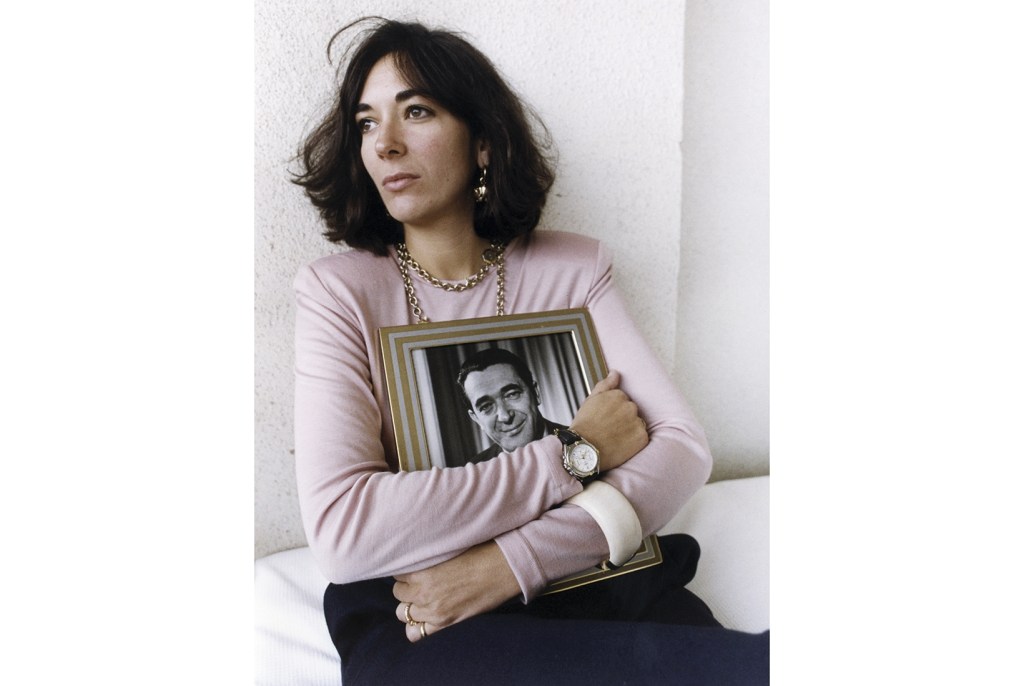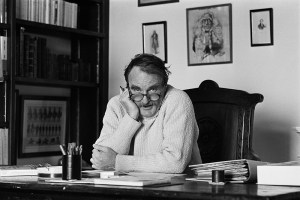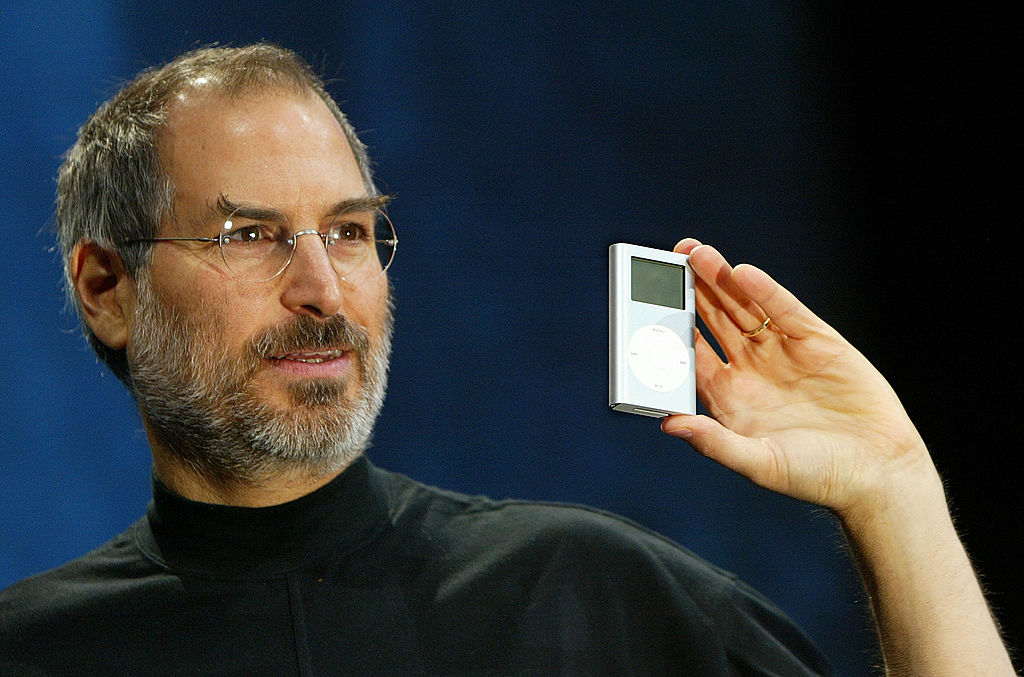This year marks three decades since Robert Maxwell fell naked to his death from the deck of his yacht, The Lady Ghislaine. Power: The Maxwells is the latest contribution to the never-ending autopsy of Maxwell’s character and the circumstances of his death. It follows a now well-established formula, juxtaposing the lives of Ghislaine and her father, marveling at how against seemingly unbeatable odds she can have managed to disgrace the good name of Maxwell, and throwing in the occasional Trump soundbite as a garnish of relevance.
The Maxwell family iconography is simply irresistible — she, the ‘international party girl’, ‘friends with princes and presidents’, now languishing ‘in a Brooklyn jail awaiting trial’; he, the Bouncing Czech, self-made millionaire tycoon, member of parliament, as-yet still-unconfirmed Israeli spy, as-yet still-confirmed horrific bastard. Power treats us to the familiar grotesque revelations of Maxwell’s life — his unconquerable urge to humiliate and control people, and his various scatological impulses, his habit of wiping his arse on laundered hand towels or urinating out of helicopters.
The podcast benefits from a streak of unselfconscious American tastelessness, finely displayed in the straight-faced use of a ‘splash’ sound effect in an early episode about Maxwell’s death by drowning. It also helpfully reminds us of some events well worth remembering: Maxwell’s plan to slander Ian Hislop as ‘a well-known homosexual who picked up young men’, and the later successful raid perpetrated by Peter Cook on the Mirror building following Maxwell’s attempt to bankrupt Private Eye. The small price the listener pays for these fond reminiscences takes the form of the inevitable and continual line of reflection — pitched at a rather remedial level — as to whether it might not have been a terribly good thing for Ghislaine, or indeed any child, to be raised by someone as monstrous as Robert Maxwell.
This article was originally published in The Spectator’s UK magazine. Subscribe to the US edition here.

























